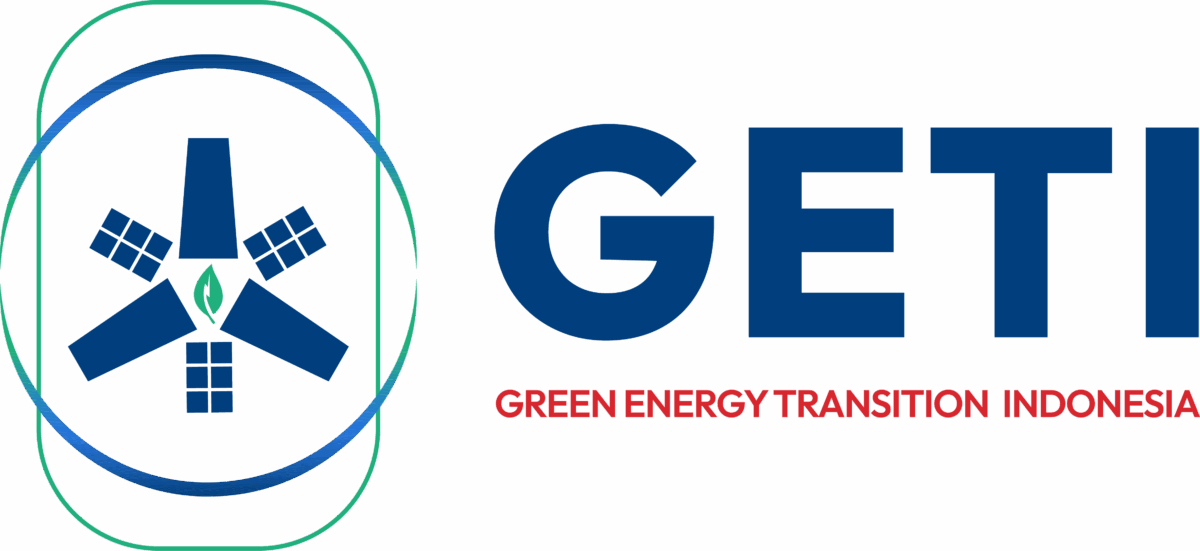Green Energy Transition Indonesia (GETI)
GETI: Accelerating Renewable Energy, Building Indonesia’s Green Future.
GREEN ENERGY TRANSITION INDONESIA (GETI)

Green Energy Transition Indonesia is a project undertaken by the Institute for Essential Services Reform that is supported by the British Embassy Jakarta.
Conducted until March 2026, this project has two outcomes. The first is related to turning Indonesia’s Comprehensive Investment and Policy Plan (CIPP) into implementation, that is mobilized support to accelerate policy reform listed in the CIPP for boosting renewable energy deployment in the power sector. And the second is setting up Indonesia Green Hydrogen Accelerator, to establish a green hydrogen market to support the Indonesian 2023 National Hydrogen Strategy.
Key approaches include stakeholder dialogues, policy reform proposals based on research and study results, disseminating insights to policymakers and investors, as well as public pressure.
Since 2021, the government of Indonesia has prioritized decarbonizing the power sector. After signing the Global to Coal to Clean Power statement at COP 26 in Glasgow that highlighted Indonesia’s intention to embark on a power sector transition, the government set a roadmap to achieve this goal. Presidential Regulation (PR) No. 112/2022 stipulated the mandate of the Ministry of Energy and Mineral Resources to develop a coal phase-out roadmap. In addition, in the same year, Indonesia and IPG agreed on the Just Energy Transition Partnership (JETP), aiming to accelerate energy transition in the power sector.
Indonesia’s Just Energy Transition Partnership (JETP) published a Comprehensive Investment and Policy Plan (CIPP) to achieve JETP’s goal of peaking emissions of 290 MtCO2 in 2030 and achieving 34 percent of the renewable energy mix. In the first CIPP, the renewable energy target is set to reach 44% of generation capacity shares by 2030 to meet and peak on-grid power sector emissions by 2030, which leads to NZE in the power sector by 2050. The power sector transition requires significant support to facilitate large-scale renewable energy uptake. JETP acknowledged the policy reform needed to accelerate renewable energy development and its CIPP already included a list of such policy reforms.
The hydrogen technology has gained momentum as a promising solution for energy transition globally. However, supplied hydrogen must be reliable, low-emission, and low-cost to maximize emission reductions. Based on MEMR’s National Hydrogen Strategy (2022), hydrogen and ammonia are critical in decarbonizing energy systems in the power, industry, and transport sectors and as exported commodities. Low-carbon hydrogen and ammonia development is prioritized before gradually moving to green hydrogen production. Green hydrogen is expected to be used in 2031. Nonetheless, to play such a role, numerous technological and economic challenges in the complete value chain: production, storage, transport, distribution, and application shall be addressed.
